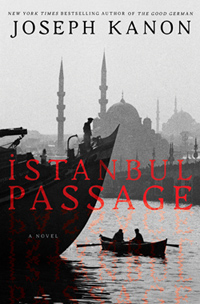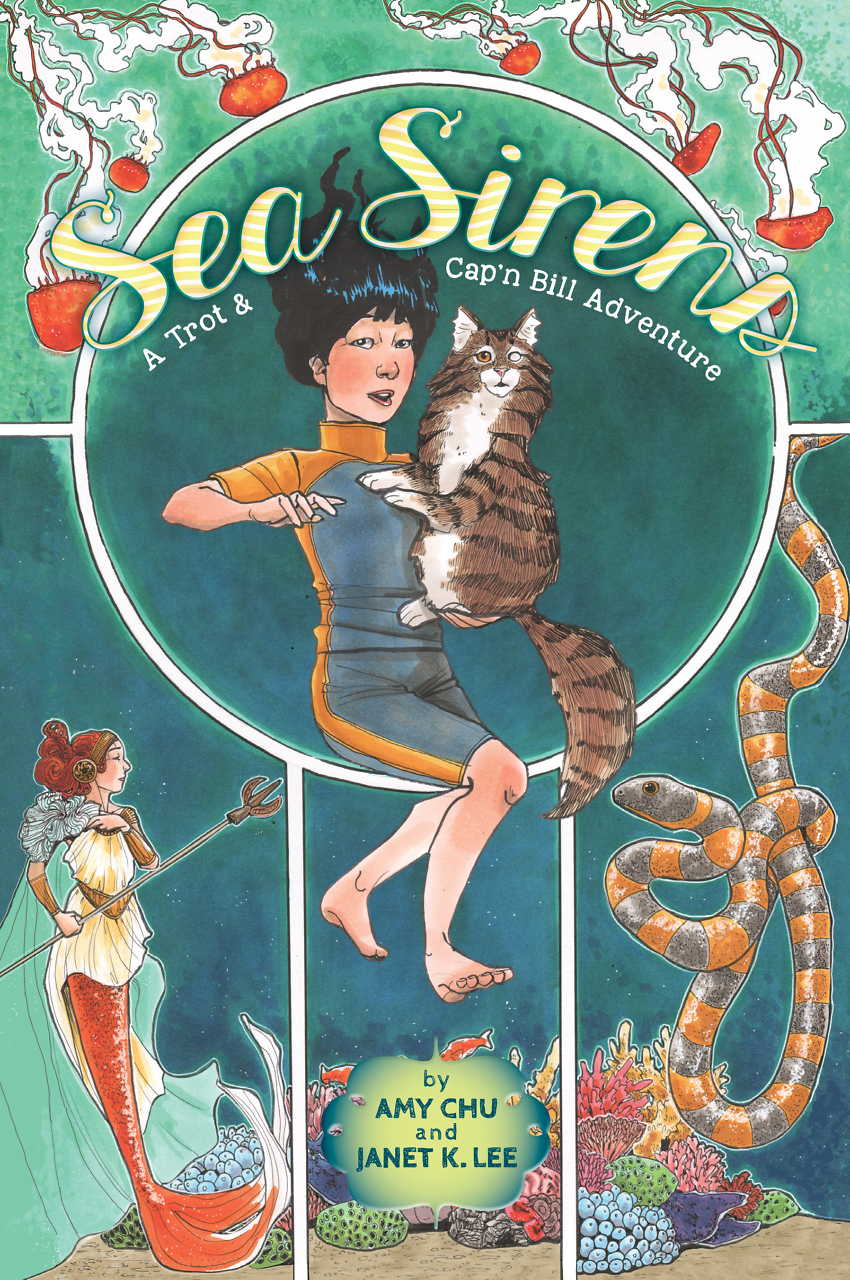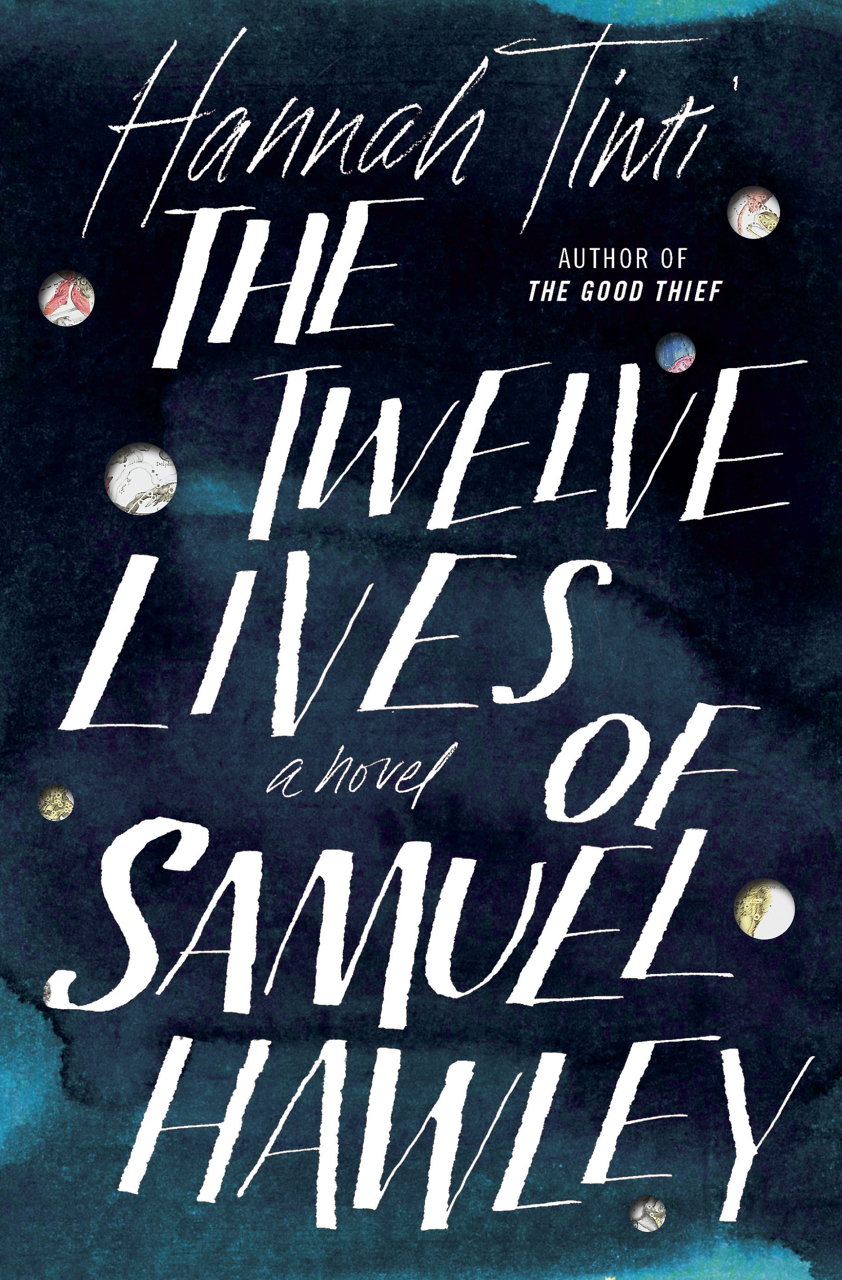Spy Games
In Joseph Kanon’s crime noir set in Istanbul during the Cold War, an American businessman must escape from a labyrinth of deadly lies
Istanbul, with its striking beauty and complicated history as the meeting point between two continents, has long served as an excellent backdrop for mysteries. During World War II, because of its location and neutral stance, the city gained notoriety as a nexus of espionage. British novelist Graham Greene was one of the first foreign authors to mine the city for material (it was the destination of his characters in Stamboul Train), and now Joseph Kanon’s newest noir thriller joins his ranks. Istanbul Passage is a fast-paced, dialogue-driven whodunit that’s rife with action, drama, and a splash of romance.
Leon Bauer, an American tobacco businessman, and his wife, Anna, a German Jew, arrive in Istanbul just before the start of World War II. Thanks to his U.S. passport and ability to speak both German and Turkish, Leon finds work doing undercover courier jobs for Allied intelligence. Anna works for an organization that helps Jewish refugees sneak into Turkey, on their way to Palestine, through aboveboard as well as illegal means. The stress of this experience brings on a nervous breakdown that has left Anna in a catatonic state, confined to a hospital. Her condition makes it impossible for her loving husband to move, for he refuses to leave without her. Leon makes regular bedside visits, ardently hoping his voice will bring her back.
 In 1945, during the aftermath of the war, as the city returns to normal and the Allied forces unwind, Leon’s boss, Tommy, an American-consulate officer, asks Leon to perform one last job. It sounds routine enough: Leon is to wait in the dark beside the Bosphorus Strait for the arrival of Alexei, a Soviet defector with top-secret information, hide this man in Istanbul for a day or so, and then send him off on a plane to the United States. Leon asks for assistance from a longtime friend, Mihai, a Romanian Jew who’s now in charge of the refugee-smuggling organization for which Anna worked. Within seconds of Alexei’s appearance, however, gunshots are fired at the three men. Leon returns fire blindly, shooting into the darkness, and killing one of their attackers.
In 1945, during the aftermath of the war, as the city returns to normal and the Allied forces unwind, Leon’s boss, Tommy, an American-consulate officer, asks Leon to perform one last job. It sounds routine enough: Leon is to wait in the dark beside the Bosphorus Strait for the arrival of Alexei, a Soviet defector with top-secret information, hide this man in Istanbul for a day or so, and then send him off on a plane to the United States. Leon asks for assistance from a longtime friend, Mihai, a Romanian Jew who’s now in charge of the refugee-smuggling organization for which Anna worked. Within seconds of Alexei’s appearance, however, gunshots are fired at the three men. Leon returns fire blindly, shooting into the darkness, and killing one of their attackers.
Opting to say nothing about the ambush, Leon hides Alexei in a safe house and comes to work the following day as usual. There, to his horror, he discovers that the man he killed was his own boss, Tommy. Leon’s quest to find out why Tommy has double-crossed him fuels the rest of the plot.
Afraid Tommy wasn’t working alone, Leon shuttles Alexei from one safe house to the next. Meanwhile, Mihai recognizes Alexei as a member of the Romanian Iron Guard, responsible for having slaughtered countless Jews, and considers him “a butcher.” As Leon spends more time with Alexei, he learns that the Romanian defector is indeed cunning and brutal, but he’s also capable of empathy. Before Turkish, American, and Russian agents can hunt them down, the two men work together against the clock to uncover the mystery surrounding the gunshots that almost killed them. In the middle of this chaos, Leon falls for a married woman, and the two begin a heated, clandestine affair.
 It’s not Alexei but Leon whom the reader roots for, of course—Leon, who garners our respect because he refuses to abandon a man who has no one else to turn to. “I get the picture,” he tells Mihai, in a heated exchange. “He’d sell his mother. What am I supposed to do?” Leon’s surprisingly strong sense of loyalty and duty transforms what might be a meaningless cat-and-mouse game into a morality tale about character, where the stakes are life and death.
It’s not Alexei but Leon whom the reader roots for, of course—Leon, who garners our respect because he refuses to abandon a man who has no one else to turn to. “I get the picture,” he tells Mihai, in a heated exchange. “He’d sell his mother. What am I supposed to do?” Leon’s surprisingly strong sense of loyalty and duty transforms what might be a meaningless cat-and-mouse game into a morality tale about character, where the stakes are life and death.
Istanbul, meanwhile, appears in full color and life in almost every scene. Kanon creates this verisimilitude with percussive descriptions (“gloom and frescoes”) and with longer, lyrical passages: “In Istanbul’s dream of itself it was always summer, ladies eating sherbets in garden pavilions, caiques floating by. The city shivered through winters with braziers and sweaters, somehow surprised it had turned cold at all.” Leon and Alexei adhere to vastly different codes of behavior, and this divide—as well as their alliance—plays out perfectly in Istanbul, where Europe and Asia exist together.
Kanon is a master of postwar mysteries. His earlier novels, also set in 1945-46, include Alibi, Los Alamos, Stardust, and The Good German, which was made into a Hollywood blockbuster starring George Clooney. He excels at teasing out secrets slowly, sandwiching pivotal moments between pages and pages of dialogue. For all its action, violence and sex included, Istanbul Passage is ultimately a cerebral book, an intellectual reader’s outstanding thriller.
Joseph Kanon will discuss Istanbul Passage at Parnassus Books in Nashville on June 11 at 6:30 p.m., and at The Booksellers at Laurelwood on June 12 at 6 p.m.


